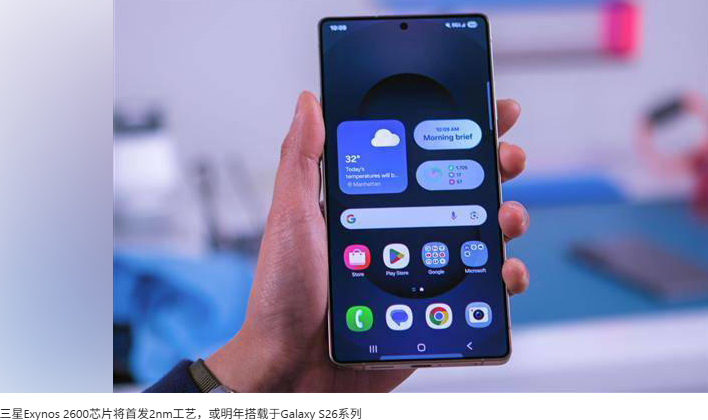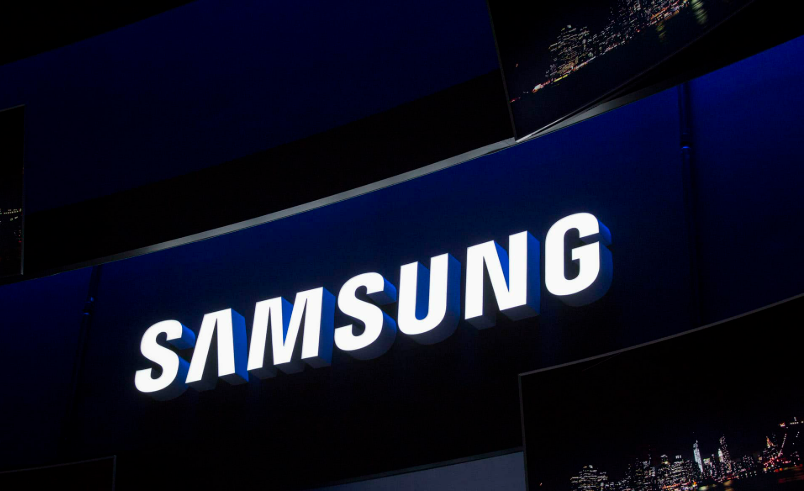Per South Korean media ETNews (Sept 2), Samsung confirmed its Exynos 2600 as the world’s first 2nm mobile SoC. The chip has finished development and is set for mass production, marking a key win in advanced chip processes.

Yet Samsung hasn’t finalized if the Galaxy S26 series will use this chip—a decision to come in Q4 2024 that will directly impact 2nm mobile chip commercialization.
Notably, the Exynos 2600 includes a new thermal component, "Heat Pipe Block (HPB)", which works like a heat sink to cut overheating (a longstanding issue for mobile chips) and boost performance stability. This breakthrough is seen as Samsung’s key move to challenge TSMC’s monopoly in the application processor (AP) market.
CounterPoint Research data shows TSMC dominates the global high-end AP foundry market, holding 87% of shipments for sub-5nm smartphone APs and strong pricing power. Recent reports note TSMC plans to hike 3nm wafer prices by up to 8%, adding cost pressure on clients like Qualcomm—whose "Snapdragon 8 Elite" (made with TSMC’s 2nd-gen 3nm tech) already costs $18,500 per wafer.
South Korean media analysis emphasizes: For Samsung to attract clients like Qualcomm and diversify the foundry market, it must prove its 2nm process’s stability and competitiveness—the key to breaking TSMC’s monopoly.

From ICgoodFind’s view, Exynos 2600’s mass production readiness ushers in the 2nm mobile chip era. Its inclusion in the Galaxy S26 and Qualcomm’s recognition will reshape the high-end chip market; the industry chain should track process stability and customer partnerships.




